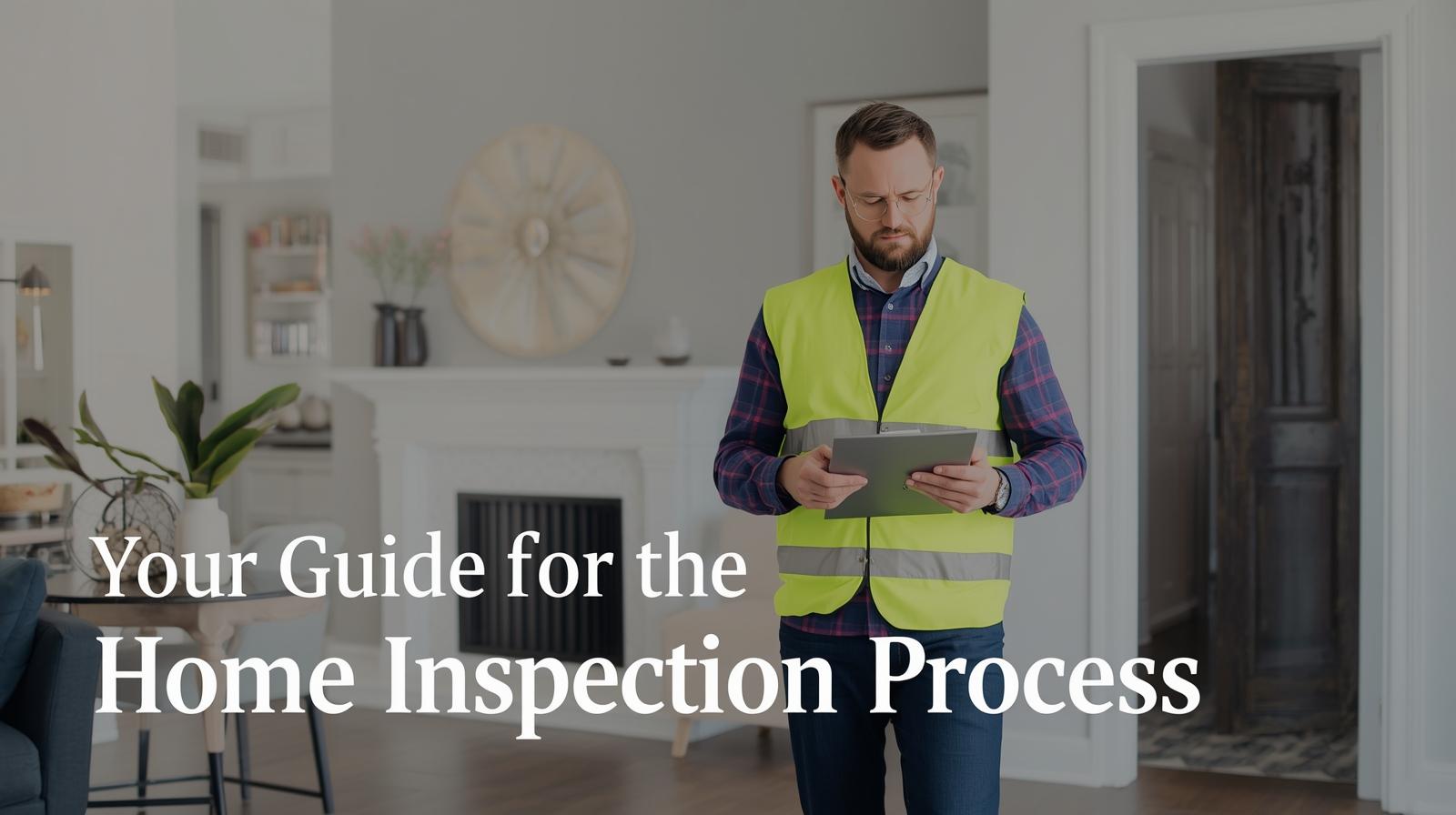The inspection period is one of the most important parts of your home purchase in Dayton, Ohio. Understanding these key inspection terms and steps will help you navigate this critical phase and protect your investment in your new Miami Valley home.
What Is a Home Inspection?
A home inspection is a detailed evaluation of a property’s condition, performed by a licensed Ohio home inspector. The inspector checks the structure, roof, foundation, electrical systems, plumbing, HVAC, and more to identify any safety concerns or major issues.
What Is the Inspection Period?
The inspection period is typically 7 to 14 days following contract acceptance. During this time, you can schedule all necessary inspections. This period is negotiable but commonly follows standard practices in the Dayton real estate market.
Learn more about how homes are valued in Dayton before your inspection.
Post-Inspection: What Happens Next?
Request to Remedy Period
Once inspections are complete, buyers can submit a Request to Remedy, asking the seller to address specific issues or repairs found during the inspection.
Consideration Period
The seller has time to review your requests and decide whether to accept, reject, or counter with alternative solutions.
Settlement Period
This is the final negotiation window where both parties try to reach a mutually acceptable agreement on requested repairs before moving forward.
What Is a Property Disclosure?
A property disclosure is a written statement provided by the seller outlining known issues, defects, or material facts about the home. In Ohio, disclosures are legally required and include conditions such as prior water damage, roof repairs, or the presence of lead-based paint in homes built before 1978.
What Is a Property Survey?
A property survey is conducted by a licensed surveyor to map out property boundaries, structures, easements, and encroachments. This step is especially important in older Dayton neighborhoods where boundary issues may be more common.
Types of Inspections to Consider
Essential Inspections:
-
General home inspection
-
Termite/pest inspection
-
HVAC system inspection
Loan-Required Inspections (if applicable):
-
Well water testing
-
Septic system inspection
Optional Inspections:
-
Radon testing
-
Mold inspection
-
Lead-based paint inspection
-
Pool/spa inspection
-
Chimney inspection
Pro Tips for Navigating the Inspection Process
-
Attend your inspection – learn about the home firsthand from the inspector.
-
Ask questions – a good inspector will explain findings in detail.
-
Prioritize repair requests – focus on safety and major systems.
-
Be reasonable – remember, you’re buying a lived-in home.
-
Get contractor estimates – this supports your negotiation during remedy requests.
What If the Inspection Uncovers Issues?
If inspection problems arise, you have several options:
-
Request the seller to make repairs
-
Ask for a credit to cover repairs after closing
-
Accept the property as-is if issues are minor
-
Walk away during your contingency period if major concerns arise
Ready to Book Your Dayton Home Inspection?
I can recommend trusted, Ohio-licensed home inspectors and help you navigate every step of the inspection and negotiation process. Contact Claire Dunn Real Estate today to protect your investment and move forward with confidence.

 Facebook
Facebook
 X
X
 Pinterest
Pinterest
 Copy Link
Copy Link


